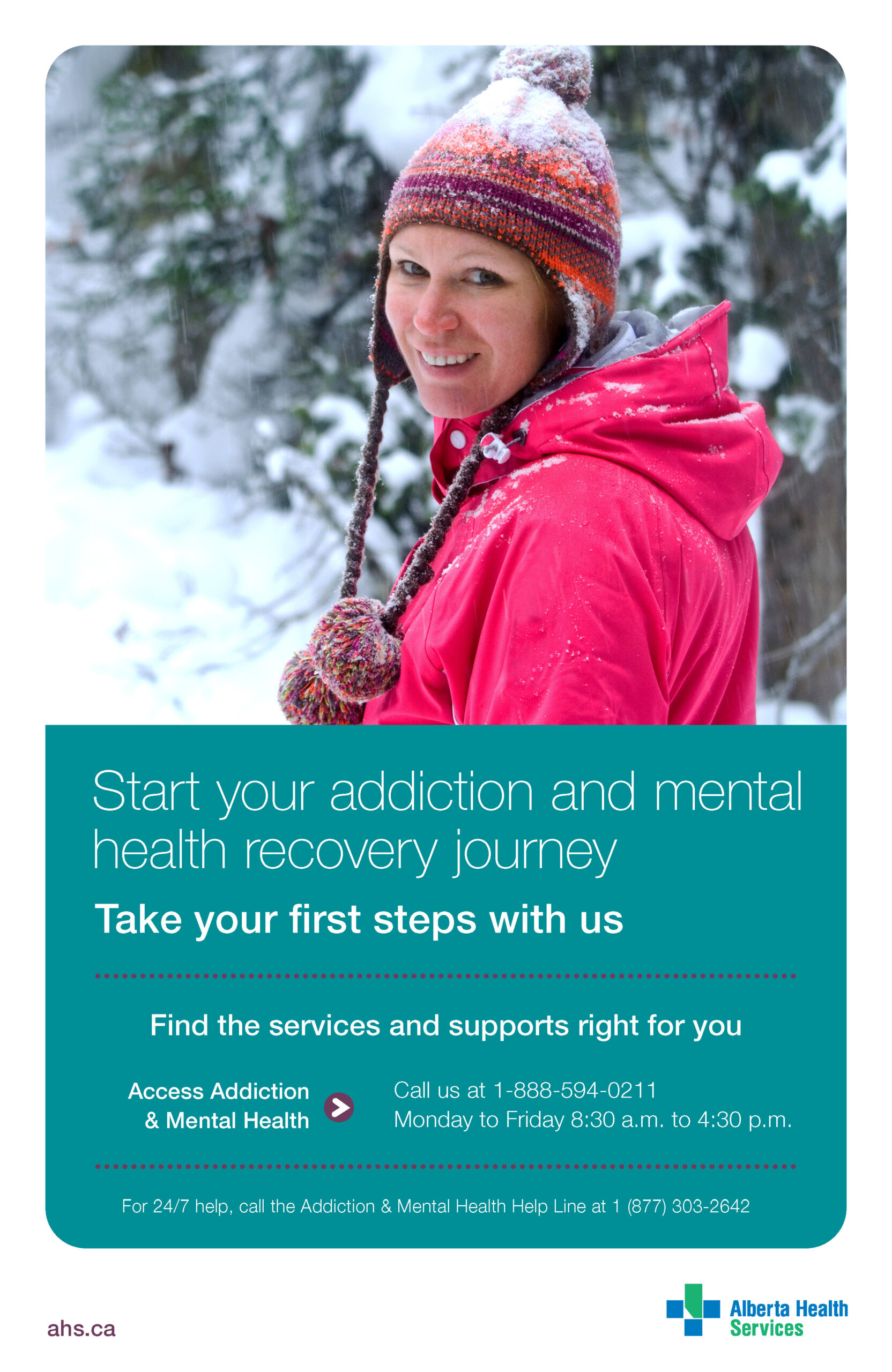


National Non-Smoking Week Runs January 19 – 25

Winter Driving
Along with colder temperatures, snow, and ice, winter also brings potentially dangerous driving conditions. Slippery roads and decreased visibility can make driving in Canadian winters a challenge. Get prepared by following a few simple tips:
Slow down – Fog, black ice, slush or snow-covered roads can make driving dangerous. Drive slowly and leave plenty of distance between vehicles.
Get winter tires – Traction is the key to good movement, turning and stopping on wet, slushy or icy surfaces. Check tires and tire pressure at least once a month when tires are cold and remember that tire air pressure decreases in colder weather. Winter tires provide additional traction in colder weather.
Top-up windshield fluid – Fill up on winter washer fluid and replace wiper blades that streak. Make sure there is enough windshield washer fluid in the reservoir and that it is rated in the -40C temperature range. Carry an extra jug in the vehicle.
Keep the gas tank topped up – When driving in bad weather, think caution, plan ahead and make sure you have enough fuel. Keep the fuel tank at least half full.
See and be seen – clear all snow from the hood, roof, windows and lights. Clear all windows of fog or ice. If visibility becomes poor, find a place to safely pull off the road as soon as possible.
Get an emergency car kit – Have the appropriate safety and emergency winter equipment always stored in your car. The basic emergency kit for cars should include the following items:
- Food – that won’t spoil, such as energy bars
- Water – in plastic bottles so they won’t break if frozen (change every six months)
- Blanket
- Extra clothing and shoes
- First aid kit – with seatbelt cutter
- Small shovel, scraper and snowbrush
- Candle in a deep can and matches
- Crank flashlight
- Whistle – in case you need to attract attention
- Roadmaps
- Copy of your emergency plan
Also keep these inside your trunk:
- Sand, salt or cat litter (non clumping)
- Antifreeze/windshield washer fluid
- Tow rope
- Jumper cables
- Fire extinguisher
- Warning light or road flares
https://www.getprepared.gc.ca/cnt/rsrcs/sfttps/tp201002-eng.aspx

Cold Weather Safety
Getting outside in the winter is a great way to be active, however stay indoors if the temperature or wind chill falls below -25°C, at this temperature, exposed skin can freeze in minutes.
- Frostnip affects the skin on the face, ears or fingertips, it may cause numbness or blue-white skin for a short time. Normal feeling and color return quickly when you get warm, and no permanent damage occurs.
- Frostbite is freezing of the skin and the tissues. Skin is pale or blue, it feels cold, numb or stiff to the touch. Frostbite can also occur by touching cold items.
- Cold injuries may cause pale and blistered skin after the skin has warmed. Occurs from spending too much time in temperatures that are cold but not freezing.
- Eye pain – Can occur when trying to force your eyes open in high winds or cold weather. Snow blindness can occur in snowy conditions and sunlight reflecting off the snow can cause corneal injury or burn. Eyelids may become red, swollen and they may feel dry and irritated.
- Hypothermia occurs when the body loses heat faster than it can make heat. This is an emergency condition. It can quickly lead to unconsciousness and death if the heat loss isn’t stopped.
Treatment
- Stay calm.
- Find shelter – Get out of the cold
- Get dry – Remove cold, wet clothes. Put on dry clothing. Cover your head. Wrap up in blankets.
- Move around – Activity heats up the body and improves blood flow. Avoid sweating, it cools the body.
- Drink warm fluids – Try to avoid fluids that contain alcohol or caffeine.
- Rewarm small areas of your body that are cold – blowing warm air on them, tucking them inside your clothing, or putting them in warm water.
- Lotions – Apply to windburned skin, reapply often.
- Artificial tears – Warmed to body temp. they can moisturize and soothe eyes.
Frostbitten skin may be more sensitive after a cold injury. Protect injured skin with sunscreen and protective clothing to prevent further skin damage.
See a health professional if any of the following occur:
- New or worse blisters or worse signs of infection, such as redness, warmth, swelling, pus, or a fever.
https://myhealth.alberta.ca/health/pages/conditions.aspx?Hwid=colde

COMBAT THE COMMON COLD

What is Influenza?


New Year – New Lifestyle

Alzheimer’s Awareness Month

